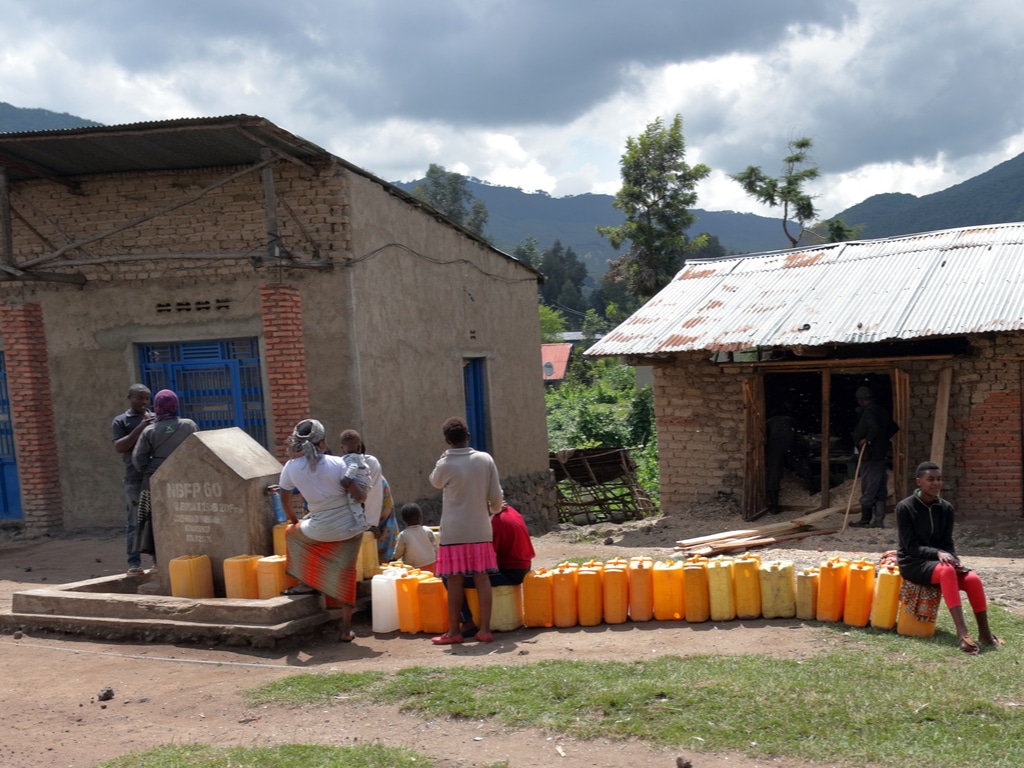In Togo, municipalities are joining forces with the central government to achieve universal drinking water coverage by 2030. It is within this framework that the project for the construction of a mini drinking water supply (DWSS) in Klobatèmè, a locality located in the commune of Golfe 1 in Togo, was launched.
In this commune of 8,802 inhabitants, the project will improve the supply of drinking water to households, thereby limiting the proliferation of water-borne diseases. According to the municipality of Golfe 1, a large borehole will pump water from the water table. This resource will be stored in a 100m3 capacity tank. Drinking water will be distributed to the population through a standpipe equipped with eight taps.
An investment of 80 million CFA francs
Other installations are planned as part of this mini-WATER project. The work as a whole will require an investment of 80 million CFA francs (about 122,000 euros) by the municipality of Golfe 1 in Togo. The project will also improve the rate of access to drinking water in this West African country, which is between 70% in urban areas and 68% in rural areas.
This has been achieved through programmes launched by the Togolese government in recent years throughout the country, including the Lomé Water Supply Improvement Programme (AEP-Lomé) launched in 2021. In 2022, a budget of 23 billion CFA francs (35.1 million euros) will allow the installation of 700 human-powered pumps in schools in the Savanes and Kara regions in northern Togo.
Read also –
Other investments will allow the construction of mini drinking water supply systems and 185 autonomous solar-powered water stations within the framework of the water and sanitation programme co-financed by the Islamic Development Bank (IsDB) and the West African Economic and Monetary Union (WAEMU) Commission.
Inès Magoum
